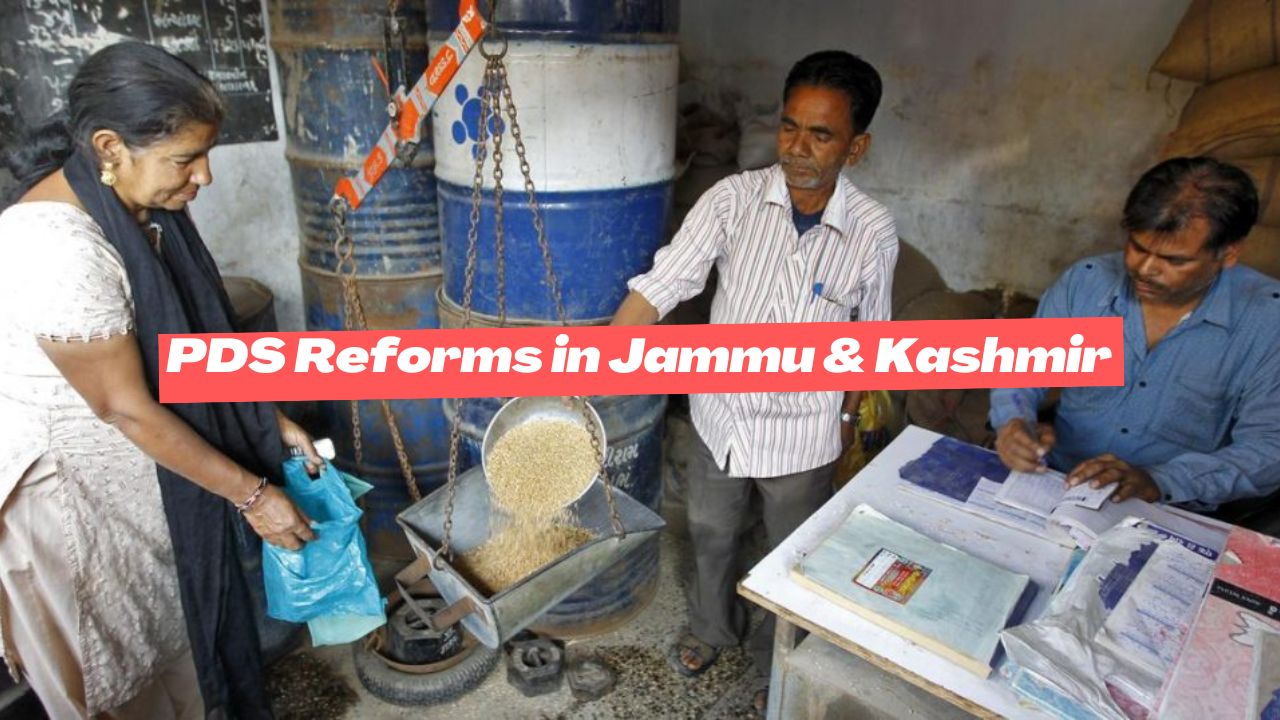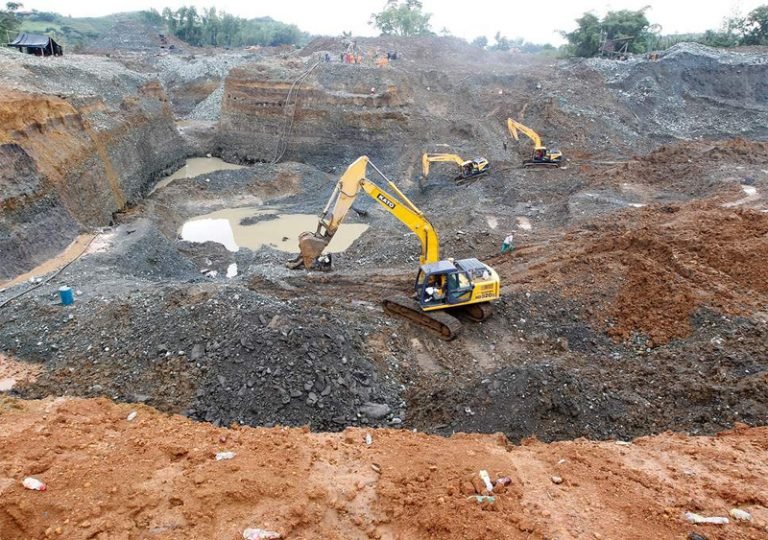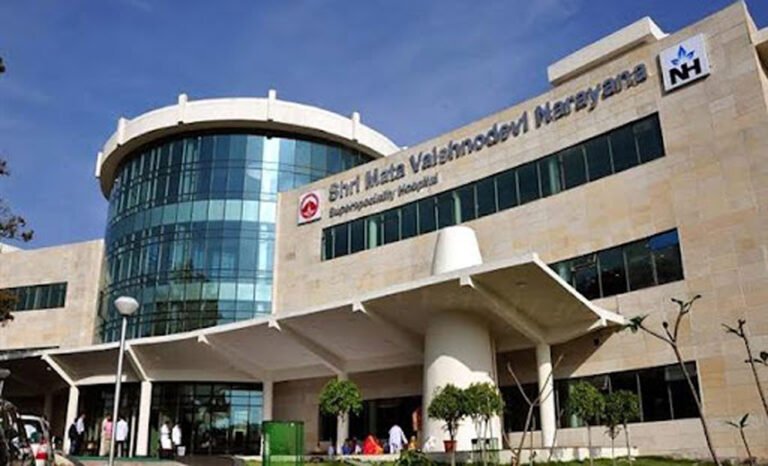AePDS, or Aadhaar-enabled Public Distribution System, is an advanced digital initiative designed to streamline and enhance the delivery of subsidized food grains and essential commodities under the Public Distribution System (PDS) in Jammu & Kashmir. By integrating Aadhaar authentication, AePDS ensures that the distribution process is more efficient, transparent, and accountable. A pivotal measure under this reform has been the cancellation of over 1,27,872 fake and duplicate ration cards in J&K and 702 in Ladakh. This initiative forms part of a nationwide campaign to ensure that food subsidies reach their rightful beneficiaries, eliminating inefficiencies and improving accountability within the system.
Key Features of AePDS in Jammu & Kashmir
- Aadhaar Integration:
Each beneficiary’s ration card is linked to their Aadhaar number, eliminating duplicate and fake entries. This ensures that only eligible households can access benefits. - Real-Time Transactions:
AePDS employs Point-of-Sale (PoS) devices installed at Fair Price Shops (FPS) for real-time authentication and delivery of food grains. - Transparency and Accountability:
Beneficiaries can track their entitlements and receive commodities without intermediaries, reducing corruption and inefficiencies. - Digitized Records:
The system maintains accurate and up-to-date records of beneficiaries and transactions, allowing authorities to monitor and manage resources effectively. - Grievance Redressal:
AePDS provides a platform for beneficiaries to lodge complaints and track their resolution, ensuring better accountability.
Acces you Aadhaar enabled Public Distribution System in Jammu & Kashmir by clicking follwoing link –AePDS.
Aadhaar enabled Public Distribution System(AePDS) based on biometric authentication for distribution of food and non-food items at subsidized rate for beneficiaries.
Accelerating e-KYC Completion
The government is prioritizing e-KYC (electronic Know Your Customer) verification for beneficiaries under the Pradhan Mantri Garib Kalyan Anna Yojana (PMGKAY). Currently, 65% of beneficiaries nationwide have completed e-KYC, with efforts being intensified in Jammu & Kashmir to ensure comprehensive coverage.
Addressing Malnutrition with Fortified Rice Distribution
To combat malnutrition and bolster food security, the government has introduced fortified rice in welfare schemes like the Integrated Child Development Services (ICDS) and PM Poshan programs. Jammu & Kashmir is actively implementing this initiative, ensuring that all districts under the Targeted Public Distribution System (TPDS) benefit from the availability of fortified rice.
Fortified rice is enriched with essential nutrients, which can significantly reduce malnutrition rates and improve the overall health of the population, particularly children and vulnerable groups.
Strengthening Food Security in Jammu & Kashmir
The cancellation of fake ration cards has positively impacted food security in Jammu & Kashmir. By directing subsidies to eligible beneficiaries, the government has increased the transparency and efficiency of welfare programs. This reform minimizes resource diversion and ensures that every deserving family benefits from the available support.
Benefits of AePDS in Jammu & Kashmir
Convenient Access: Beneficiaries can authenticate and collect their entitlements seamlessly.
Efficient Distribution: Ensures timely delivery of rations to deserving families.
Resource Optimization: Reduces leakage and wastage in the supply chain.
Enhanced Food Security: Ensures that subsidies reach the intended population.
Technology plays a central role in making the PDS more transparent and efficient. Jammu & Kashmir has achieved nearly 100% Aadhaar seeding of ration cards, a move that helps detect and eliminate ineligible entries caused by duplicate records, deaths, or migration.
The reforms in the Public Distribution System in Jammu & Kashmir underscore the government’s commitment to ensuring food security for all eligible citizens. By canceling fake ration cards, integrating AePDS is a transformative step in modernizing the Public Distribution System in Jammu & Kashmir. By leveraging technology, it ensures that food security programs are more inclusive, efficient, and transparent. This initiative aligns with the government’s commitment to providing equitable access to essential commodities for all eligible citizens.
















